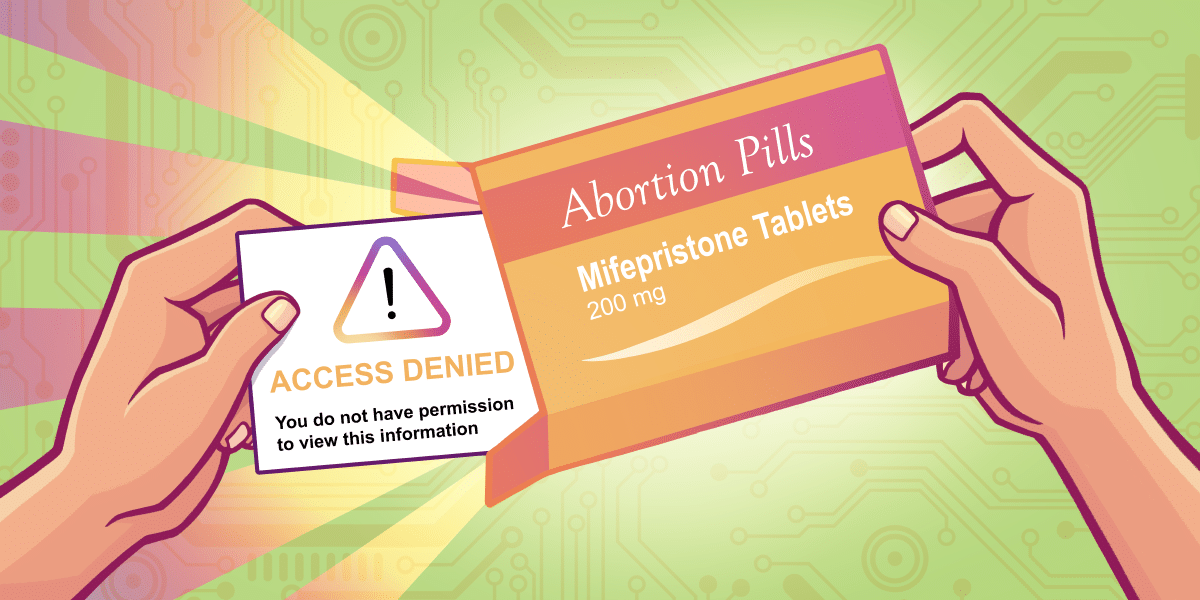In a context of increasing censorship and restrictions on information related to abortion, the Electronic Frontier Foundation (EFF) and the Repro Uncensored coalition have launched the #StopCensoringAbortion campaign. This initiative seeks to ensure that all those in need of information about reproductive health and abortions can access and share it freely.
The EFF has pointed out that social media platforms, such as Facebook, Instagram, and TikTok, are frequently blocking or removing content related to abortion under unclear criteria linked to their “community standards”. This happens despite the fact that information about abortion is legal and fact-based. Rindala Alajaji, legislative activist at EFF, has underscored that the lack of transparency in these decisions leaves organizations, influencers, and ordinary citizens in a position of uncertainty and vulnerability, contributing to a culture of censorship that compromises public access to essential health information.
The campaign will begin collecting stories from individuals and organizations that have experienced censorship on these platforms. This collection will provide a clearer picture of the frequency of incidents, the affected parties, and the consequences of such actions. The EFF will use this information to advocate for an end to censorship and push for greater transparency in the content moderation practices of big tech companies, which often operate opaquely.
Alajaji emphasizes that the initiative not only aims to raise awareness but also to drive concrete actions to hold tech companies accountable for their role in censoring the conversation about reproductive health. “If you or someone you know has experienced the removal or restriction of abortion-related content on a social network, their testimony is crucial in this fight. Sharing their experiences will contribute to a broader movement to end censorship.”
The campaign will have a portal that allows reporting online censorship incidents, as well as links to research, reports, and guides on digital privacy and security, aimed at activists, healthcare professionals, and patients.
At a critical moment when reproductive rights face challenges both in the United States and elsewhere, access to truthful information about abortion is more urgent than ever. Organizations advocating for health and reproductive rights have used digital platforms to disseminate essential information, often vital for those in need. However, increasingly worrisome trends are observed where this type of content is unjustly censored. A recent case has been Aid Access, an online abortion service provider, whose posts on Instagram were limited in reach, raising concerns about how Meta’s moderation policies, the parent company of these platforms, can hinder the availability of reproductive health information.
Referrer: MiMub in Spanish











